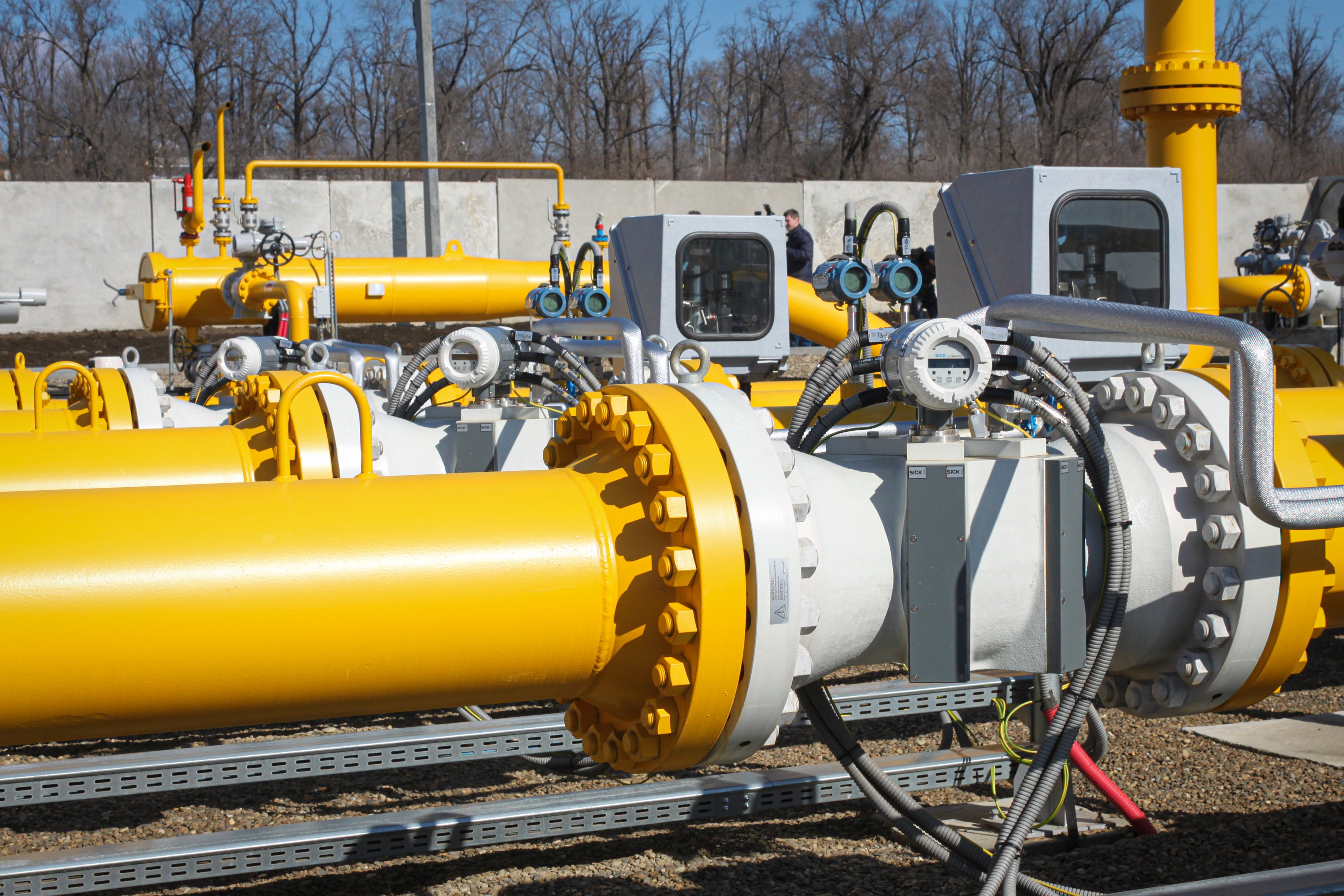Moldova turns to Poland for gas amid tensions with Russia
The Republic of Moldova has turned to a non-Russian natural gas supplier for the first time as the former Soviet republic seeks to avert a looming gas shortage this winter after failing to renew a long-term supply contract with Moscow

Your support helps us to tell the story
From reproductive rights to climate change to Big Tech, The Independent is on the ground when the story is developing. Whether it's investigating the financials of Elon Musk's pro-Trump PAC or producing our latest documentary, 'The A Word', which shines a light on the American women fighting for reproductive rights, we know how important it is to parse out the facts from the messaging.
At such a critical moment in US history, we need reporters on the ground. Your donation allows us to keep sending journalists to speak to both sides of the story.
The Independent is trusted by Americans across the entire political spectrum. And unlike many other quality news outlets, we choose not to lock Americans out of our reporting and analysis with paywalls. We believe quality journalism should be available to everyone, paid for by those who can afford it.
Your support makes all the difference.The Republic of Moldova has turned to a non-Russian natural gas supplier for the first time as the former Soviet republic seeks to avert a looming gas shortage this winter after failing to renew a long-term supply contract with Moscow.
On Tuesday, Moldova received a million cubic meters of gas from Poland in a move aimed at diversifying its energy supply following years of strong Russian influence over the small nation of 3.5 million people.
Moldovan President Maia Sandu posted online on Wednesday that the European Commission has pledged €60 million ($70 million) to help the country with its gas crisis. Sandu thanked EC President Ursula von de Leyen for her support.
Russia had supplied all of Moldova's natural gas until September when efforts to clinch a renewed deal with Russia's state-owned gas company Gazprom fell through.
Gazprom had extended the contract for a month at the higher price of $790 per cubic meter while Moldova’s energy trading company Energocom sought an alternative gas supplier. Moldovan officials continue to negotiate with the Russian gas giant.
Moldova’s Deputy Prime Minister Andrei Spinu said on Sunday that Gazprom’s “financial and non-financial conditions” are not in the interests of Moldovan citizens.
The deal with Polish supplier PGNiG came a week after Moldova’s parliament declared a 30-day state of emergency when Gazprom slashed its gas supply by about a third and raised its prices amid a skyrocketing global gas price hike.
Moldova’s foreign ministry said on Monday that it needs to keep the flow of gas “at an acceptable level" to “ensure the energy security of the country.”
Gazprom on the weekend said that Moldova, Europe's poorest country, would need to settle its outstanding debts of as much as $709 million (€610 million) in order to extend its contract. The Russian company also warned that it would cut gas supply Dec. 1 if payment wasn’t received.
Some observers saw this as Russia's bid to strengthen its influence over Moldova after a pro-European Union party earned a landslide win in Jul. 11 parliamentary elections. But Kremlin spokesman Dmitry Peskov denied any political tinge to the gas dispute.
“There are no political issues here and there can’t be any,” Peskov said in a conference call with reporters on Wednesday. “There is a demand for gas, there is a commercial offer along with a discount offer and the problem of accumulated debt. All that is of purely commercial character and there is no politicization here.”
Gazprom spokesman Sergei Kupriyano said in a statement that the Russian gas giant “can’t work to make losses” and that “Moldova is provoking a crisis with its own hands.”
Dionis Cenusa, an analyst at the Chisinau-based think tank Expert Group, says that Moldova has been working on diversifying its gas supply routes over the last few years, particularly with Romania.
“But the endeavor was frequently politicized or lacked financial resources,” he told The Associated Press. “Russia wants its influence untouched in Moldova and the current energy crisis seems to be used to balance the powers with the EU.”
———
Vladimir Isachenkov in Moscow contributed to this report.